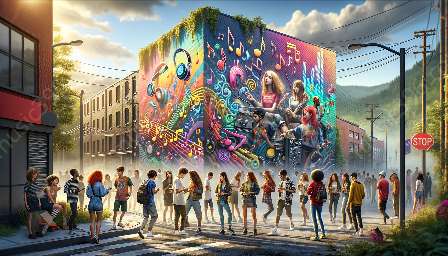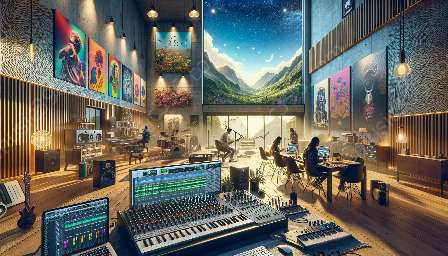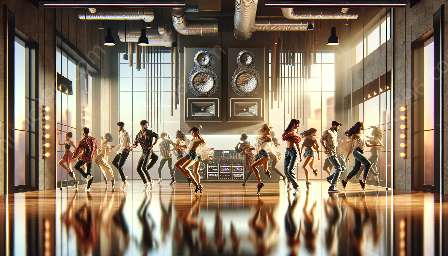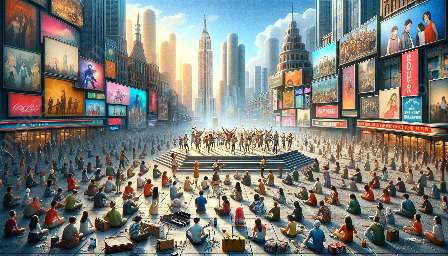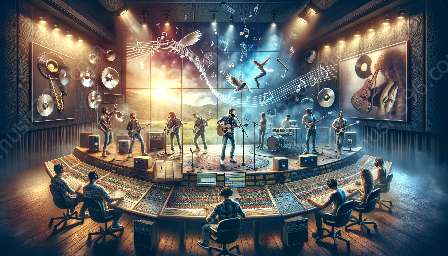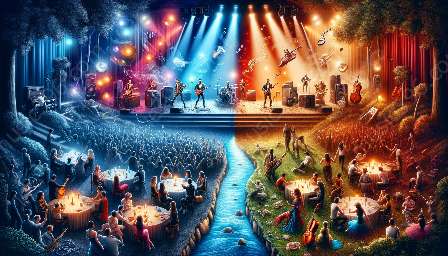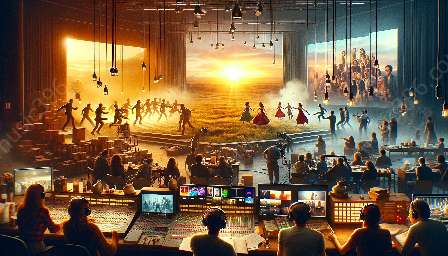Social media has revolutionized the music industry, particularly in the realm of pop music. With the rise of platforms like Instagram, Twitter, and TikTok, artists now have the opportunity to connect with their audience in ways that were previously unimaginable.
Role of Social Media in Pop Music Success
One of the key roles that social media plays in the success of pop music is its ability to create a direct and personal connection between artists and their fans. Through platforms like Instagram and Twitter, artists can share glimpses of their daily lives, behind-the-scenes moments, and interact with their followers in real time. This level of accessibility has humanized pop stars and made them more relatable, fostering a deeper sense of connection with their audience. Additionally, social media provides a platform for artists to promote their music, engage in promotional campaigns, and announce new releases, directly reaching their fan base without the need for traditional media intermediaries.
Social media has also transformed the way music is discovered and consumed. With the advent of platforms like TikTok, music has found a new breeding ground for virality. A catchy pop hook or a danceable chorus can rapidly gain traction on TikTok, propelling relatively unknown artists into the mainstream. The power of social media algorithms and user-generated content has reshaped the pop music landscape, allowing for the rapid rise of new talent and reshaping the traditional gatekeeping role of the music industry.
Influence of Social Media on Musicianship in Pop Music
Social media has not only impacted the success of pop music but has also influenced the way pop musicians create and present their art. With direct access to their audience, artists are increasingly involving their fans in the creative process. From soliciting feedback on potential songs to showcasing snippets of works in progress, social media has blurred the lines between artists and their fan base. This openness has led to a democratization of the creative process, as artists now have immediate access to diverse feedback, enabling them to fine-tune their craft to better resonate with their audience.
Furthermore, social media has prompted pop musicians to develop a multi-faceted online presence. Beyond their music, artists are now expected to curate visually compelling content, engage in unique and interactive online experiences, and develop a distinct personal brand. The need to constantly feed the social media machine has prompted pop musicians to hone their digital storytelling skills, expanding their creative repertoire beyond just musical production. As a result, the definition of musicianship in pop music has evolved to encapsulate not only musical talent but also a mastery of digital content creation and curation.
Conclusion
Social media has undeniably become a cornerstone of the success of pop music, reshaping the way artists connect with their audience, promoting music, and democratizing the creative process. Its influence on musicianship in pop music has expanded the definition of what it means to be a successful pop musician, placing as much emphasis on digital storytelling and audience engagement as on musical prowess. As the digital landscape continues to evolve, so too will the role of social media in shaping the future of pop music.







